The order, effective immediately, directs the government to “reinstate Plaintiffs’ student status and SEVIS authorization, retroactive to March 31, 2025.”
An attorney for the plaintiffs, said, “Never before has an action like this taken place, ever, and what we see as a result is the terror in these students. This is designed to scare people into leaving, and kudos and bravo to these students for standing up for what their parents sent them here to do, which is to gain a good education.”
A hearing for a preliminary injunction is scheduled for April 24, 2025. The case is similar to other suits filed in California, Pennsylvania, Michigan, Washington, and Texas.


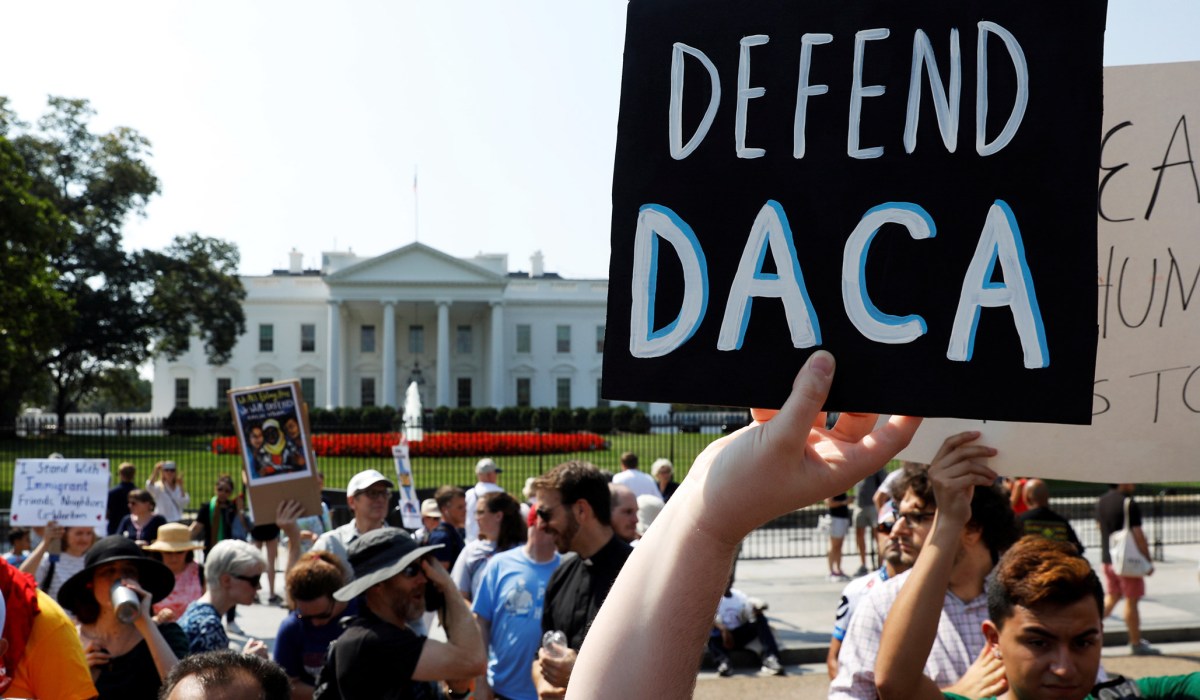
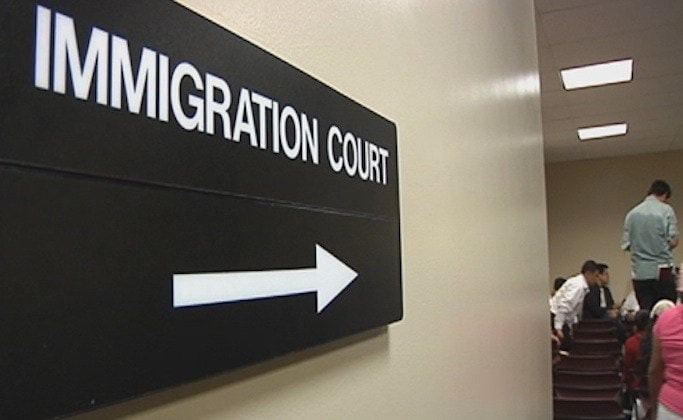
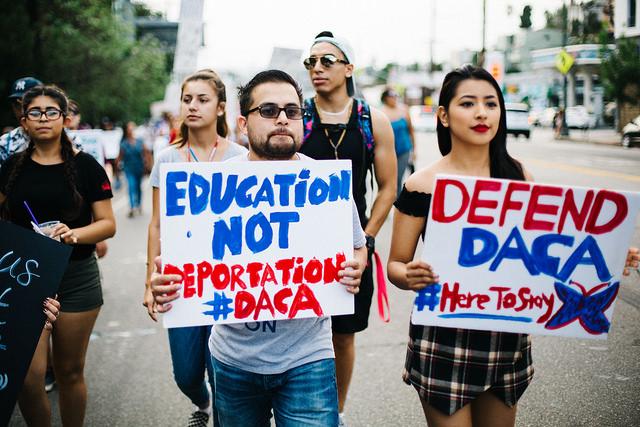
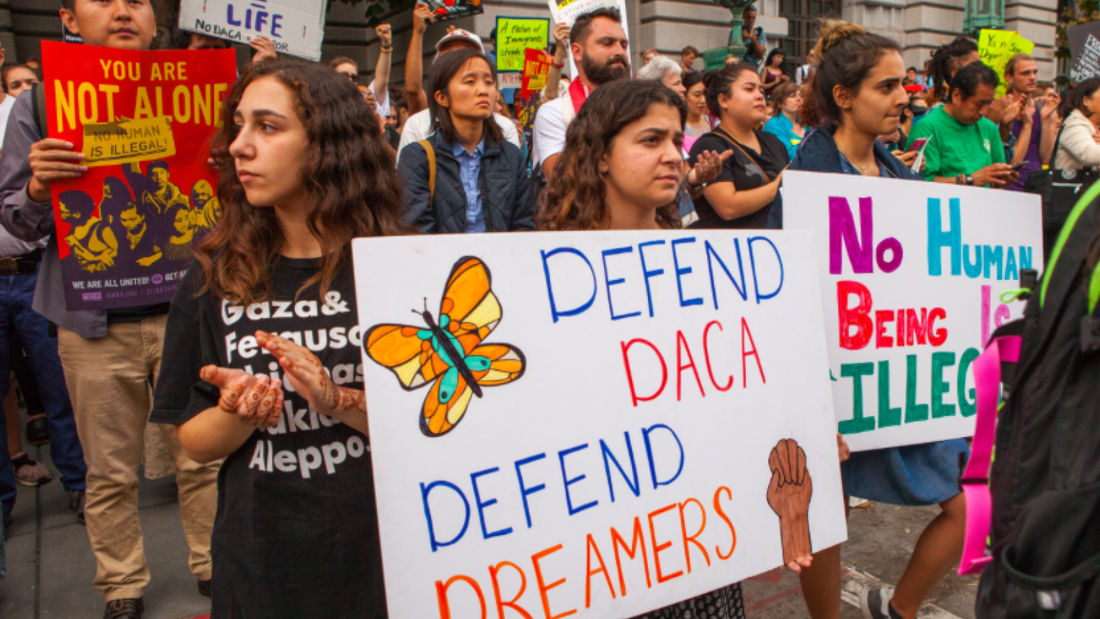

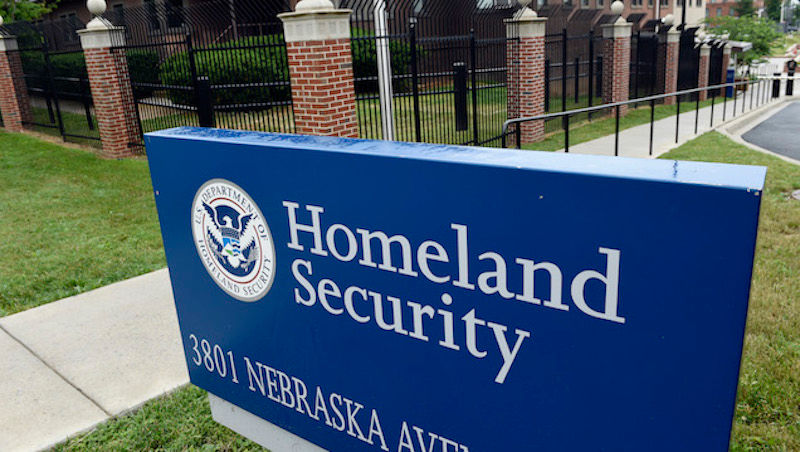


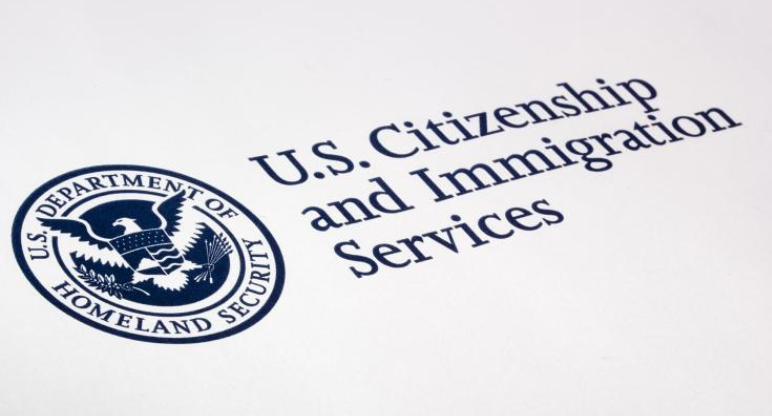


 RSS Feed
RSS Feed